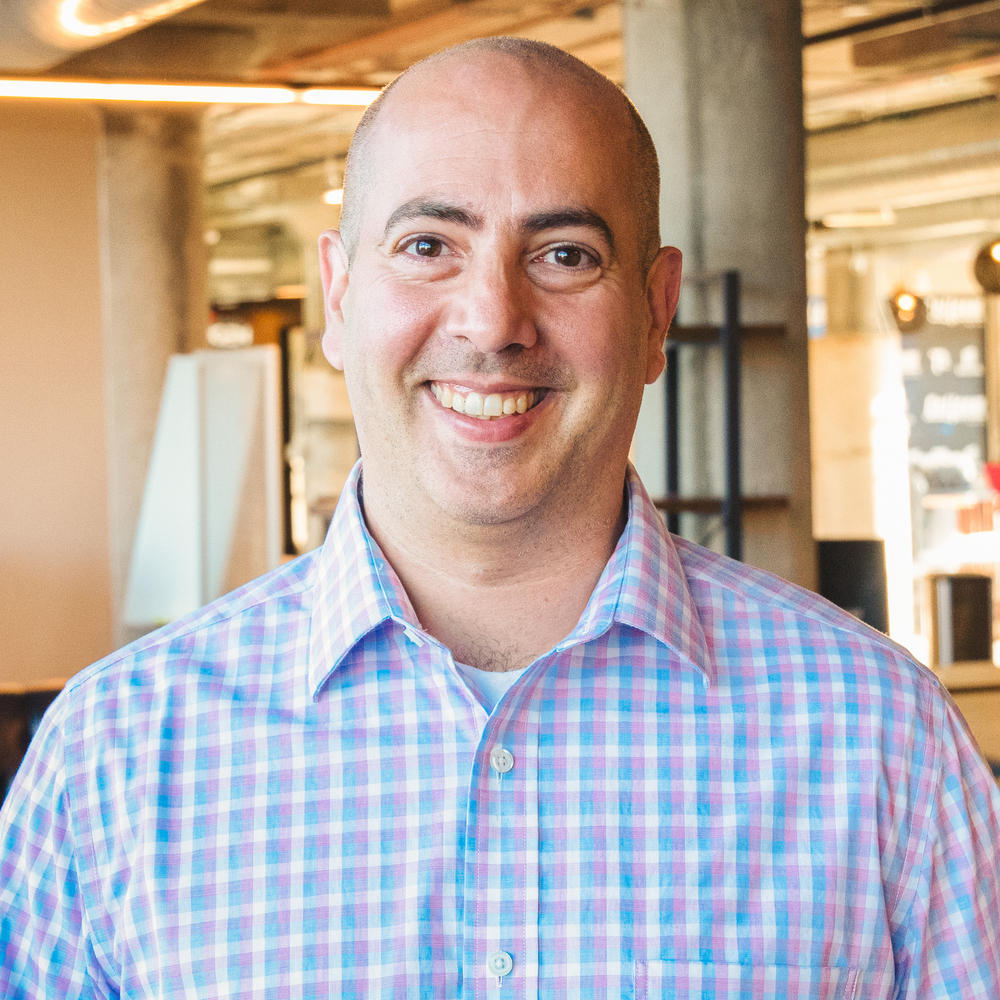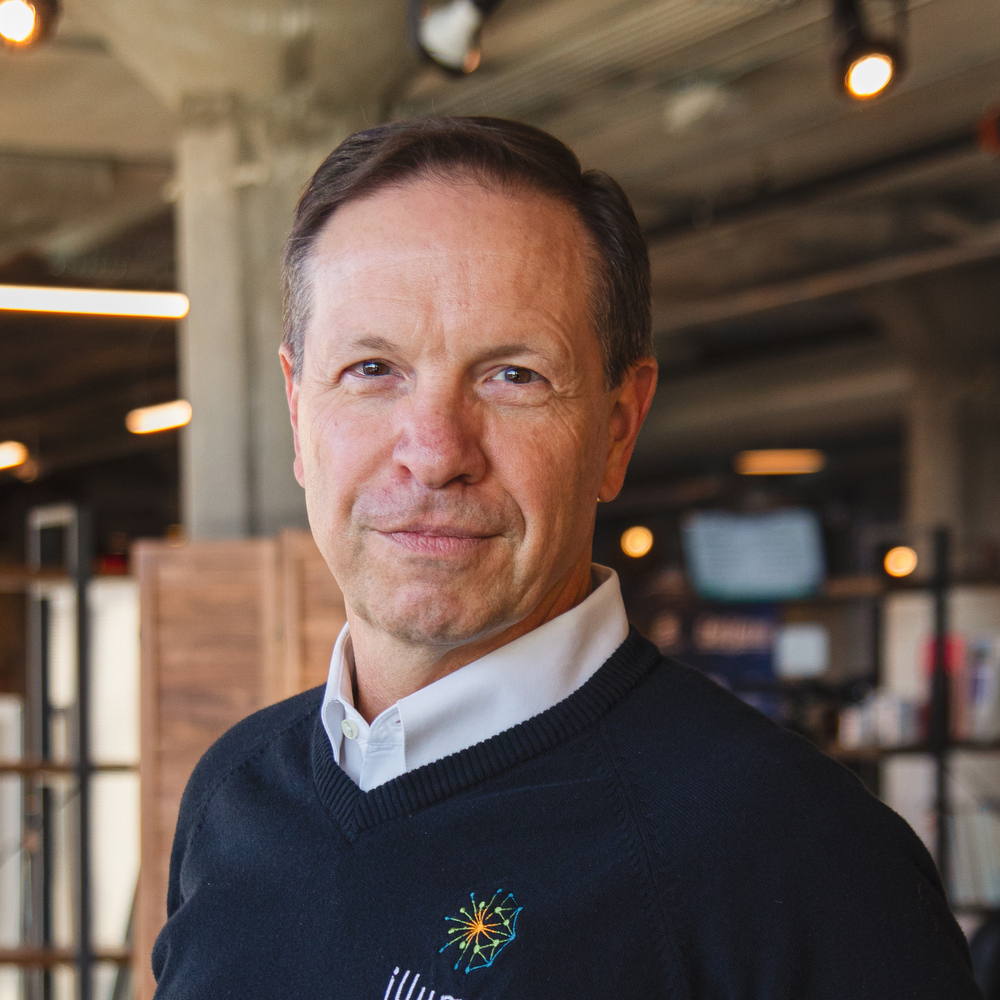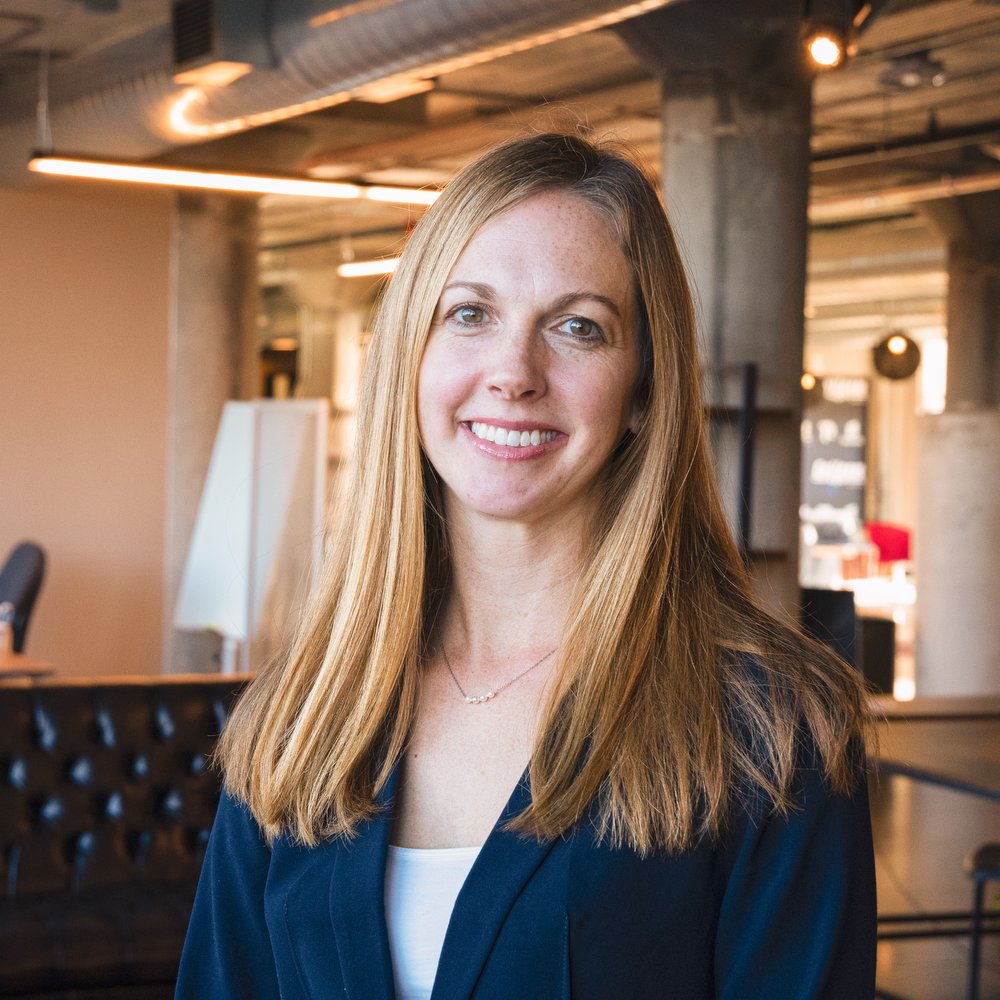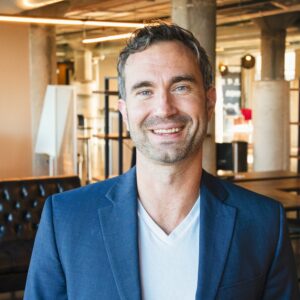When people think of team dynamics, it often conjures up images of trust falls, pizza parties, or casual team-building exercises. While these activities have their place, they only scratch the surface of what makes a team truly effective. Team dynamics go much deeper, touching on the emotional processes that influence how individuals interact, collaborate, and ultimately perform together. In reality, successful teams are built on more than just camaraderie—they require a deep understanding of interpersonal relationships and an ability to address unresolved tension in a meaningful way.
What Are Team Dynamics?
At its core, team dynamics refers to the unconscious and often unseen forces that influence the behavior of individuals within a group. These dynamics include how people communicate, the roles they take on, how they handle stress and conflict, and the overall emotional health of the group.
Team dynamics can often be rooted in patterns seen in family systems, particularly through the lens of family therapy. This parallel can offer valuable insights into how unresolved tensions manifest in teams and what leaders can do to address them.
Signs of Dysfunction in Team Dynamics
One of the most important aspects of understanding team dynamics is recognizing when something is off. These issues often manifest subtly, but their impact can be significant, leading to decreased productivity, increased turnover, and low morale.
Common signs of dysfunctional team dynamics include:
- Over-responsibility and under-responsibility: Some team members may take on too much, while others avoid accountability, creating imbalances in workload and frustration.
- Unresolved conflict: If tension or conflict goes unaddressed, it can fester and worsen over time, leading to fractured relationships and a lack of trust.
- Emotional cut-off: When team members avoid difficult conversations or disengage emotionally, it can result in a disconnect that erodes team cohesion.
These patterns are often deeply ingrained and difficult to spot without a conscious effort. The key to addressing these problems lies in understanding their root cause—often linked to the emotional processes within the team.
The Emotional Underpinnings of Team Dynamics
Team dynamics are shaped by the emotional energy shared between members. Anxiety, tension, or frustration in one relationship can spread through the team, creating a “triangle” of relationships. These triangles are a common structure in relational systems where two people experiencing tension draw in a third person to diffuse that emotional energy.
For example, if two colleagues are in conflict, they may involve a third team member in their disagreements, either directly or indirectly. While this third person can serve to alleviate some of the tension, they often become a part of the problem if the core issue isn’t addressed. Triangles like this can help stabilize relationships temporarily but are often unstable in the long run if the root cause of the tension is not resolved.
Triangles are neither inherently good nor bad—they simply exist as a natural part of team dynamics. However, when leaders understand how these relational structures function, they can intervene in more meaningful ways to foster healthy, stable relationships within the team.
Practical Applications for Leaders
Recognizing dysfunctional patterns is one thing but resolving them is another. So, what can leaders do to improve team dynamics and create a healthier workplace?
- Address Unresolved Tension: Leaders must have the emotional intelligence to identify tension within the team and address it head-on. Ignoring conflict only allows it to fester, which can damage relationships and overall team performance. In many cases, the tension arises because of unmet expectations or a lack of clear communication. Acknowledging the issue and facilitating open dialogue can often be the first step toward resolution.
- Promote Open Communication: Team members need to feel safe enough to voice concerns and address conflicts without fear of retaliation. Leaders should create an environment where open communication is encouraged, and where issues are tackled as soon as they arise.
- Balance Workloads: One of the signs of dysfunction in team dynamics is the imbalance between over-responsible and under-responsible team members. Leaders can mitigate this by regularly assessing workloads and ensuring that tasks are distributed fairly. When everyone contributes equally, it helps to reduce frustration and resentment.
- Facilitate Deeper Connections: Team dynamics require more than just superficial bonding activities. Real connection comes from working together on difficult problems, navigating conflict, and building trust over time. Encourage collaboration on complex projects, provide opportunities for honest feedback, and give team members the space to problem-solve together.
- Understand the Role of Emotional Processes: Leaders who grasp the emotional dynamics at play within their teams will be better equipped to manage them. Training in personality and team dynamics assessments, such as those offered by Illumyx, can provide valuable insights into how emotional energy flows through a team and where potential trouble spots may arise.
Investing in Team Dynamics for Long-Term Success
The most successful teams aren’t the ones that never experience conflict—they’re the ones that know how to manage it productively. Team dynamics is not a one-and-done topic but a continuous process of learning and adaptation. Leaders who invest in understanding their team’s emotional processes and relational dynamics can more effectively foster an environment of trust, collaboration, and high performance.
Diving deeper into the undercurrents of team dynamics can unlock the potential of teams and create a more supportive, engaging, and effective workplace. By focusing on the emotional processes at play within a team, leaders can address the underlying issues that lead to dysfunction, moving beyond the surface-level solutions of trust falls and pizza parties. True team cohesion comes from understanding and managing the deeper dynamics that drive behavior, and that’s where the real magic happens.





